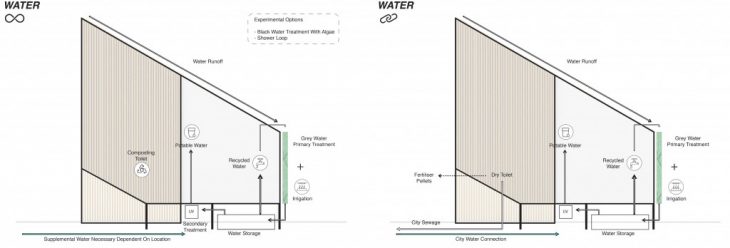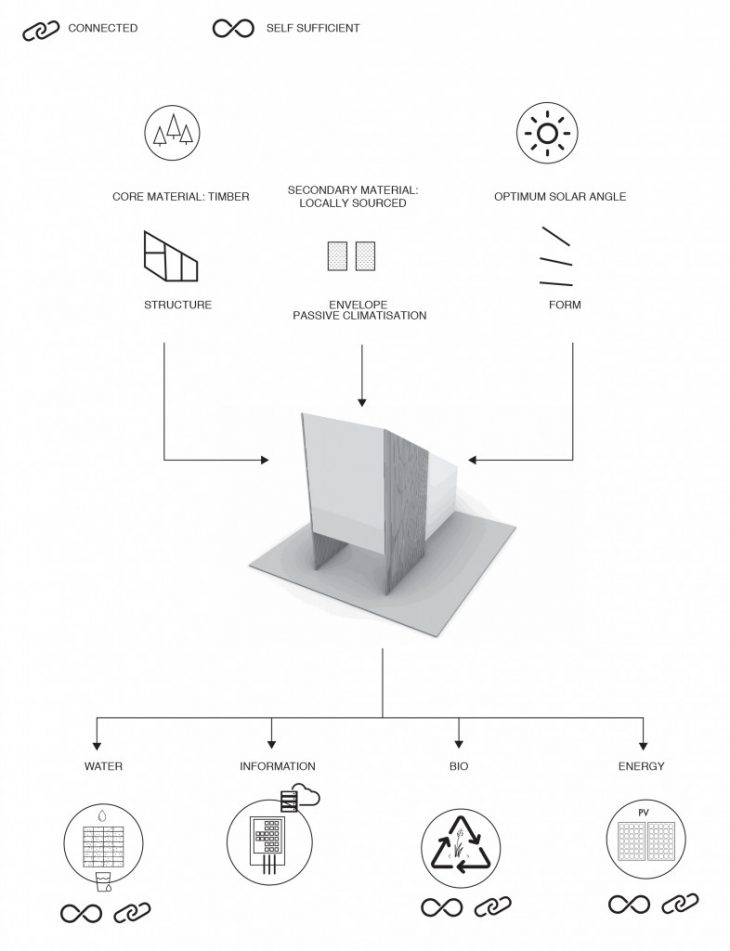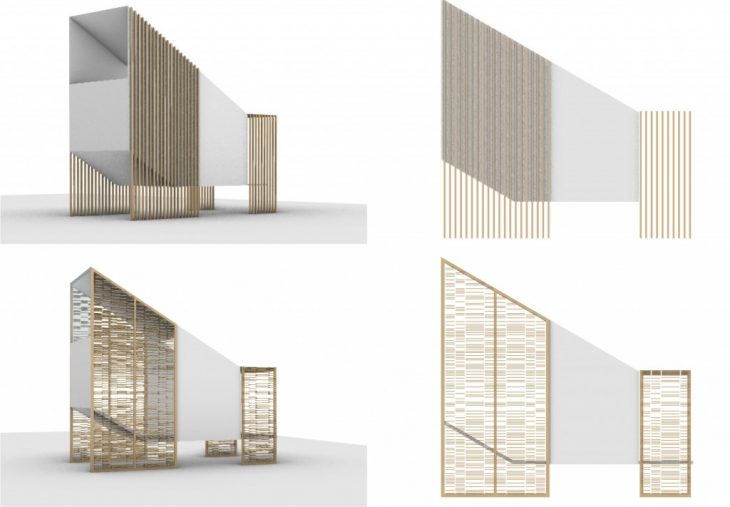the POD.
small living systems for big solutions
Environmental concerns, family composition and the economy are changing the way we live. Society’s habits of living are becoming more temporal and more mobile. The Pod explores what is living nowadays aiming to address its main concerns.
In response to global housing crisis and pushing towards a more sustainable living, a survey was released through different social media platforms to analyse people’s opinion on small scale living. The majority of respondents believe tiny living can suit both urban and isolated areas, being used most likely for temporary to semi-permanent living by singles or couples across all ages. Most of them see tiny uousing working in any climate, considering an outdoor covered space as necessary in the design.
Data proved small scale living can become a solution to global housing crisis providing an affordable and sustainable form of living. Taking this as a starting point, the POD aims to provide small living systems for big solutions.
It’s two main paths are densification, through filling residual urban spaces, and distribution, by offering off the grid living. The POD works as a cell of a bigger system, which can adapt to different scenarios and diverse locations. Studying three possible locations such as Barcelona (Spain), Hobart (Australia) and Leticia (Colombia), the project systematically responds to the diverse needs and oportunities.
The POD works as a cell of a bigger system, which can adapt to different scenarios and diverse locations. Studying three possible locations such as Barcelona (Spain), Hobart (Australia) and Leticia (Colombia), the project systematically responds to the diverse needs and oportunities.

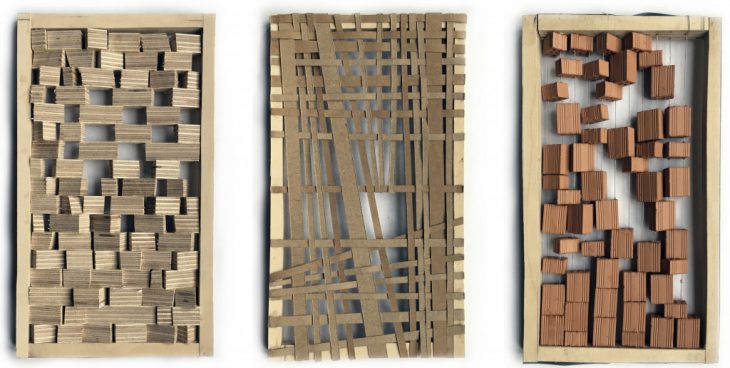
The structural system provides adaptation in time through a parametrised timber frame which can modularly evolve. It also provides adaptation to different locations through its geometry which changes in relation to bio climatic design for maximum efficiency.
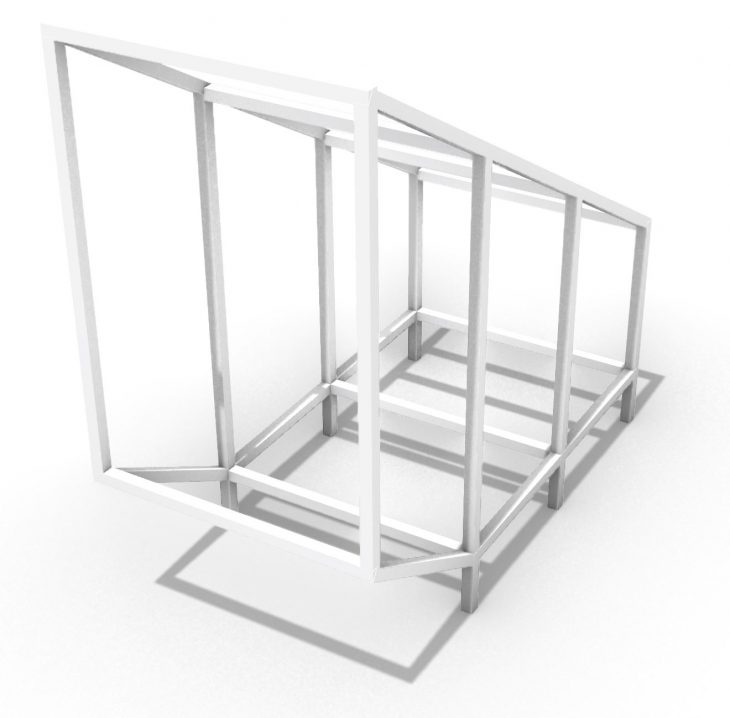
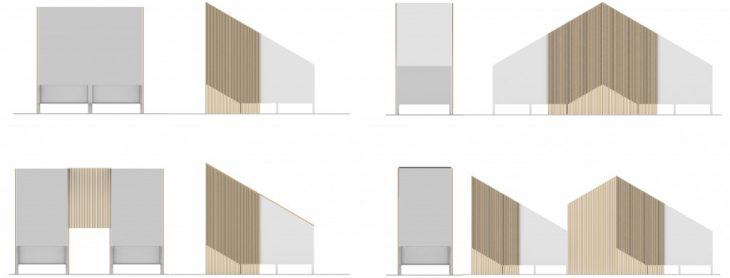
The material system uses local materials as an answer to climatic conditions working with natural ventilation and thermal mass. Four materials where explored wood, clay, woven and greens to test its possibilities and limitations.



The metabolic system is developed for both off grid and urban location. From energy production and water treatment, to waste management and food production the POD takes advantage of synergi
es and closed loops no matter how small the space is. Information is another key aspect, this project not only will be automatised through an app linked to mobile phones but also work as a source of data collection to provide evidence to support the small scale living movement.

